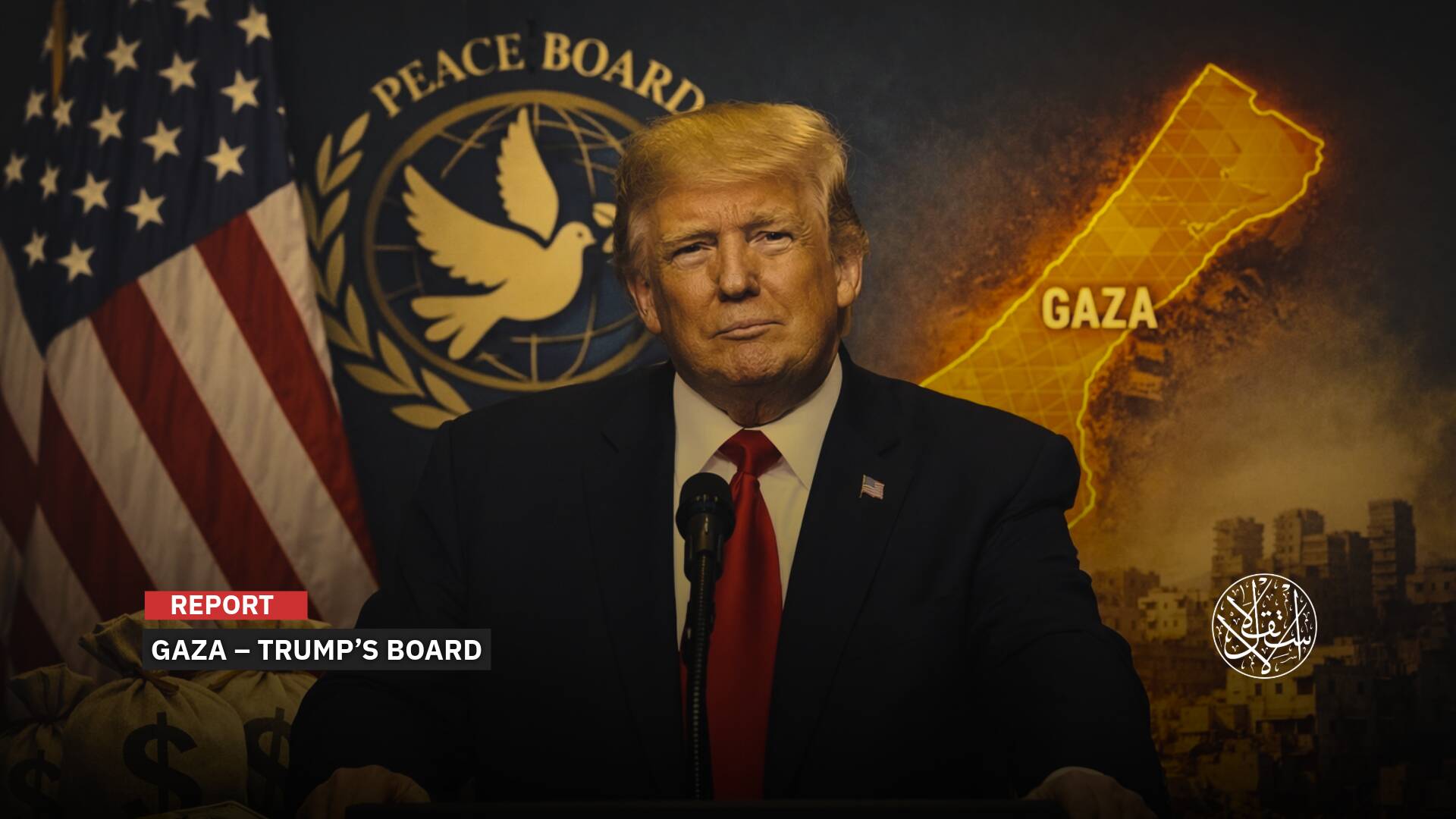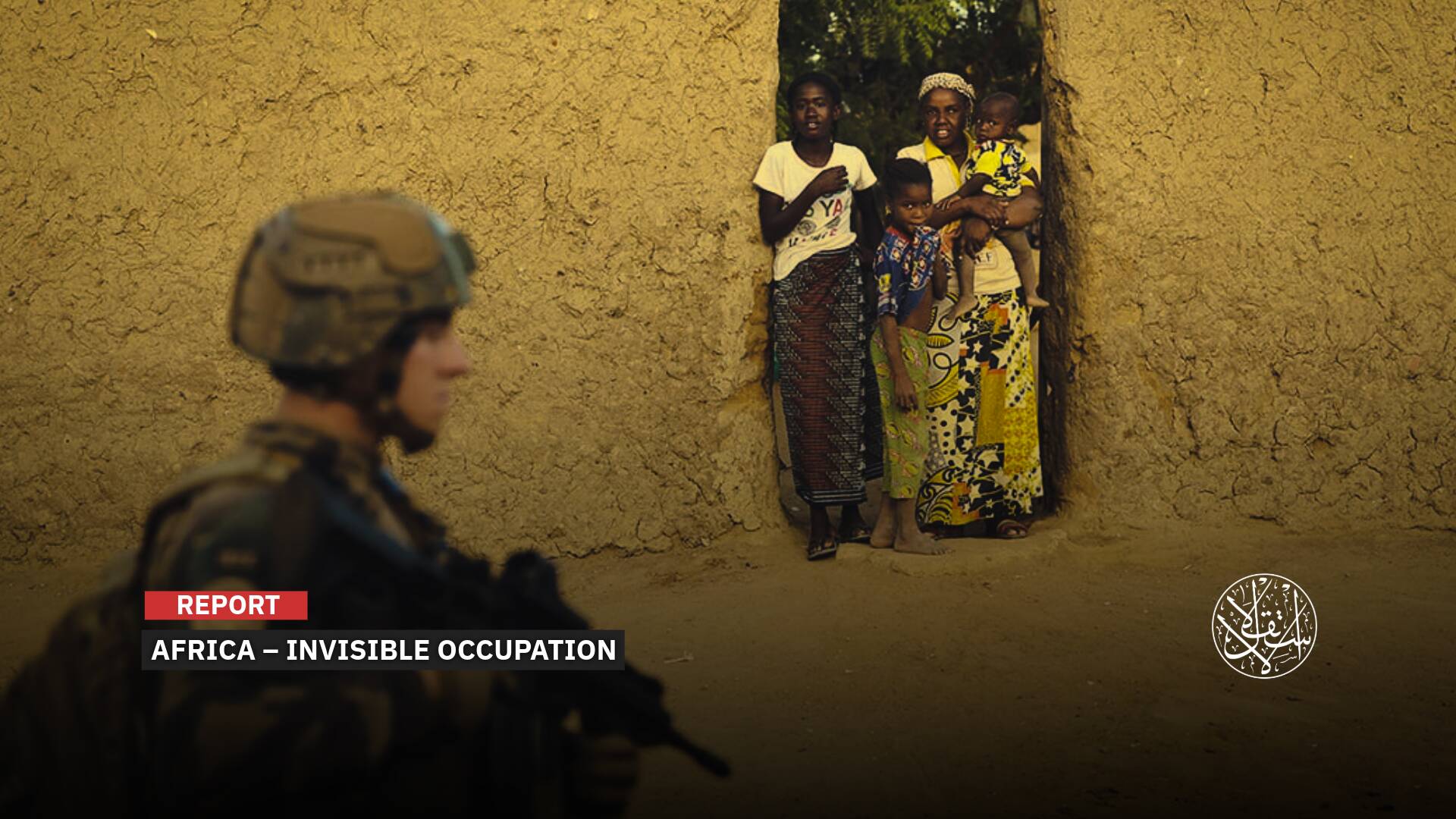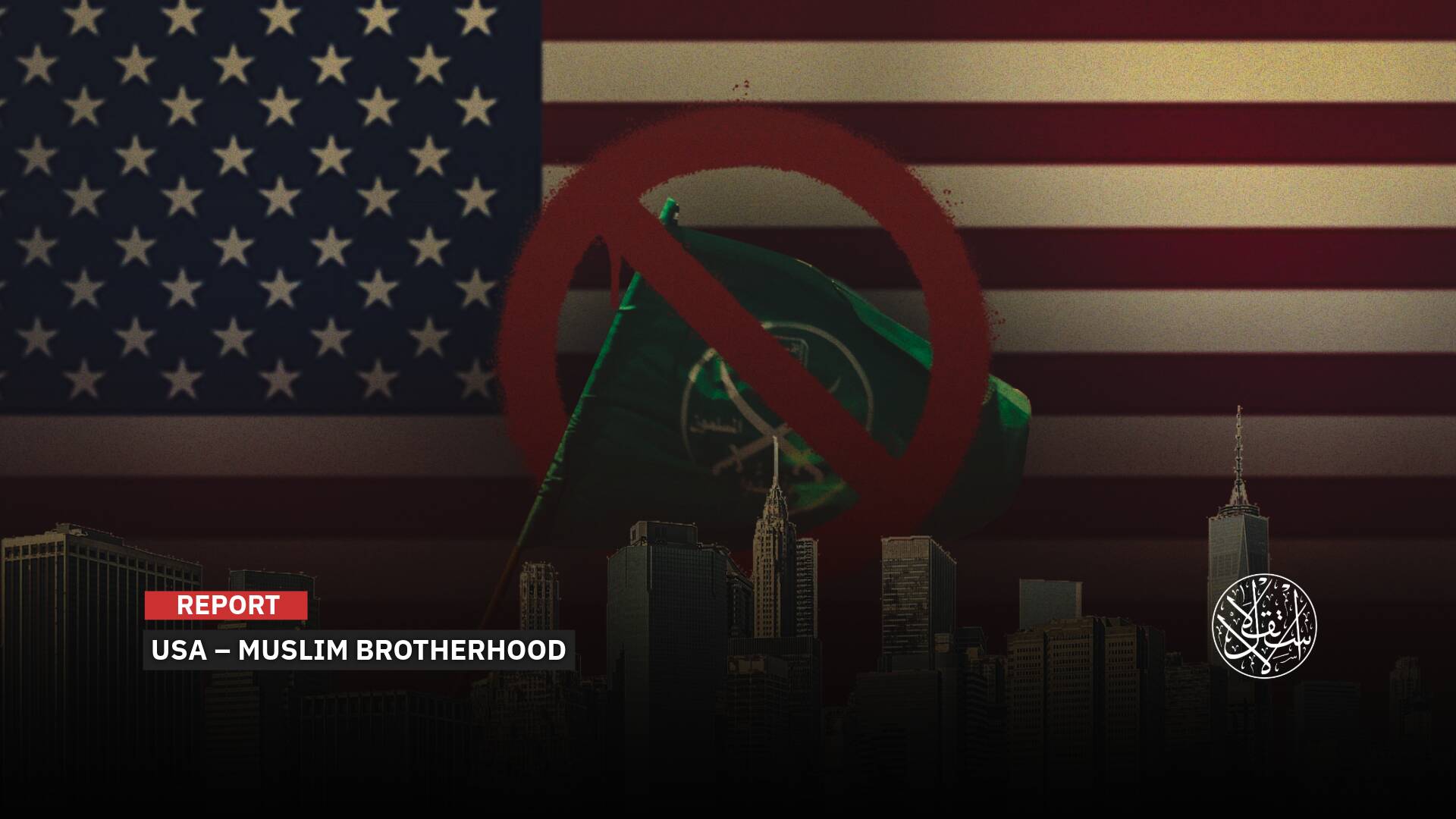Samir Hulileh: Wealthy Palestinian Bids to Rule Gaza by Bringing in Arab Forces
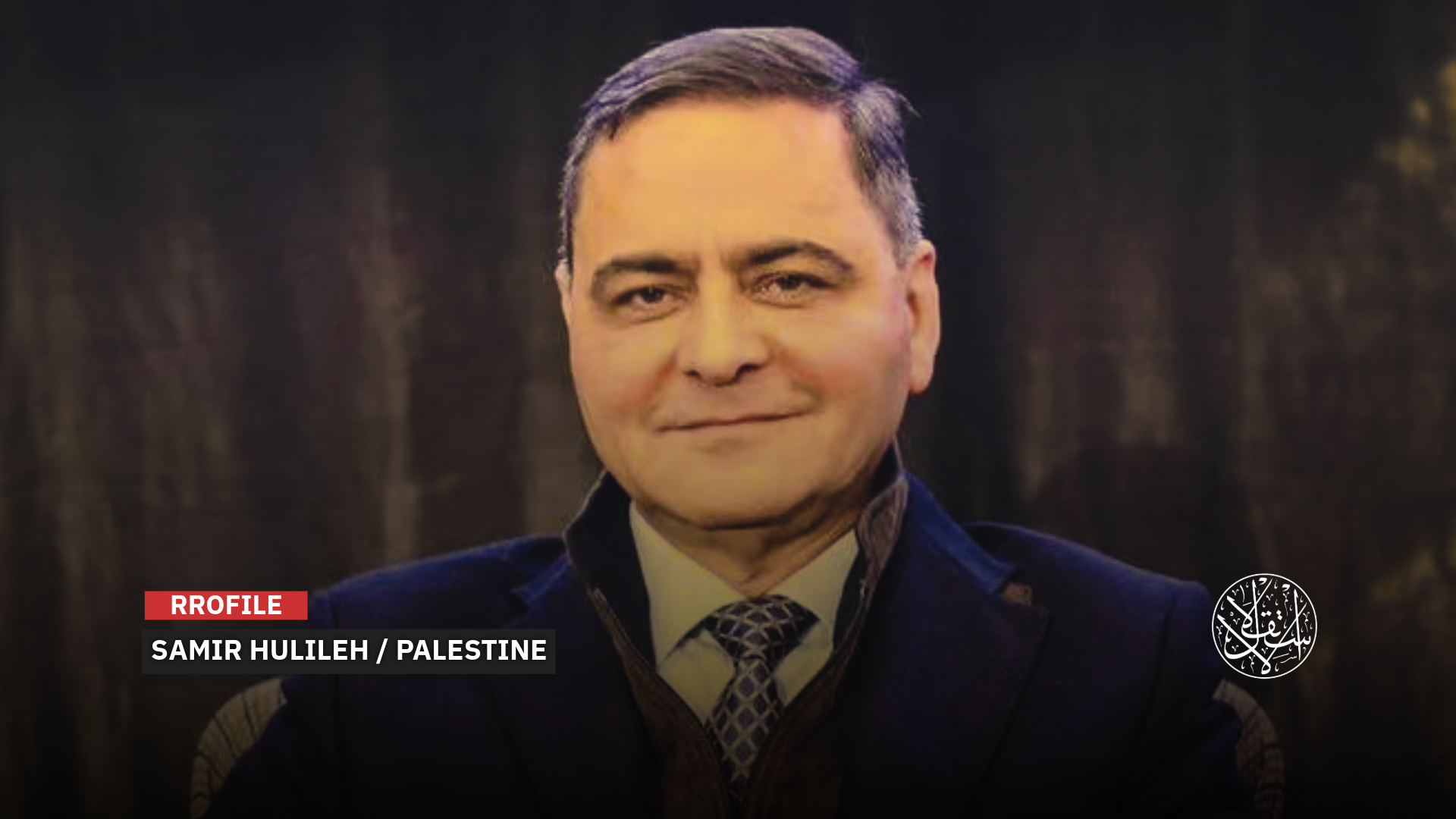
Samir Hulileh said the proposal to appoint him as governor of Gaza has been on the table for a year and a half.
With ceasefire talks stalled and “Israel” still lacking a strategy for what it calls the “day after” the war on Gaza, a new name has emerged as a potential ruler for the besieged territory.
On August 12, 2025, Hebrew media abruptly began reporting on what they described as “months of quiet maneuvering behind the scenes” to install prominent Palestinian businessman Samir Hulileh as Gaza’s prospective governor.
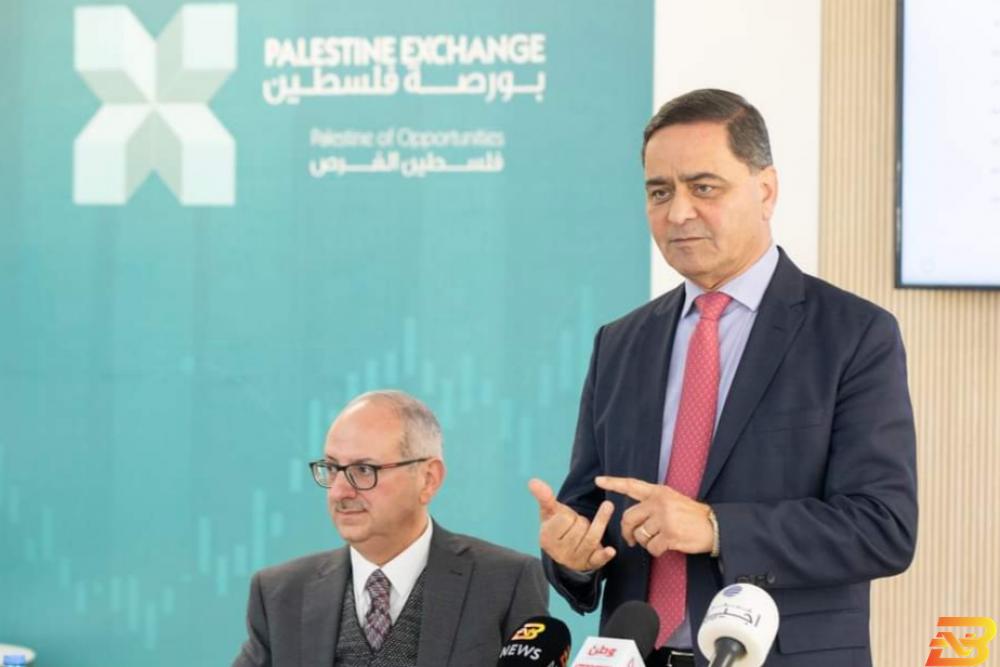
U.S.-Backed Initiative
Yedioth Ahronoth has reported what it calls “an initiative,” citing documents submitted to the U.S. Department of Justice outlining a plan to appoint a figure operating under the auspices of the Arab League.
The paper highlighted Samir Hulileh as a candidate seen as potentially acceptable to both “Israel” and the United States, tasked with preparing the ground for Gaza after the war.
Yedioth based its report on conversations held by Shomrim, an Israeli NGO working to bolster “Israeli democracy,” with people involved in the initiative, as well as documents submitted to the U.S. Department of Justice.
According to the report, Hulileh’s nomination is being partly promoted by Ari Ben-Menashe, an Israeli now living in Canada, described as a controversial political lobbyist.
Ben-Menashe is a former Israeli intelligence officer of Iranian origin with a long and disputed history, allegedly involved in the Iran-Contra affair in the early 1980s, tried in the United States and ultimately acquitted.
The Iran-Contra scandal involved a secret deal in which the administration of former U.S. President Ronald Reagan sold arms to Iran through “Israel,” despite Iran being officially classified as “America’s enemy” and a “state sponsor of terrorism.”
Washington used the proceeds from the deal to fund the Contras, a rebel group attempting to overthrow the leftist government in Nicaragua, which had backing from Cuba and the former Soviet Union.
After moving to Australia and later Canada, Ben-Menashe claimed to have worked with Mossad and former Israeli Prime Minister Yitzhak Shamir, assertions that the Israeli Occupation has denied.
He said his initiative has gained momentum in recent weeks following meetings in the United States and contacts between Hulileh and Egyptian officials.
Documents filed with the U.S. Department of Justice indicate that Ben-Menashe registered as a lobbyist on Hulileh’s behalf several months ago, with the stated goal of persuading U.S. policymakers to promote his candidacy for the governorship of Gaza.
The initiative draws on the idea that “all parties” prefer Gaza to be administered by a Palestinian figure operating under “the protection” of the United States and the Arab League, according to the Israeli paper.
The effort reportedly began late in the administration of former President Joe Biden but accelerated after Donald Trump returned to the White House.
Additional documents submitted in early August 2025 indicate that Ben-Menashe discussed the plan with officials in Qatar, Saudi Arabia, and Egypt.
Since registering as a lobbyist in the United States, Ben-Menashe has represented a number of clients, including the late Zimbabwean president Robert Mugabe, the military council in Myanmar, and others. Reports suggest his current roster also includes Kyrgyzstan, Congo, Vanuatu, the president of Burkina Faso, and military rulers in Sudan.
In an interview with Shomrim, Ben-Menashe confirmed his role in promoting Hulileh, describing the effort as personally important and “good for the Jews.”
He added that the plan is being developed in consultation with senior U.S. officials, anticipating that Hulileh would operate under the supervision of the Arab League, particularly Egypt and Saudi Arabia.
Ben-Menashe argued that this arrangement could avoid Israeli objections to formally placing Gaza under the control of the Palestinian Authority.
His broader proposals include the deployment of U.S. and Arab forces in Gaza, securing UN recognition for a special status for the territory, leasing land from Egypt to establish an airport and seaport in Sinai, and obtaining rights to offshore gas fields, among other measures.
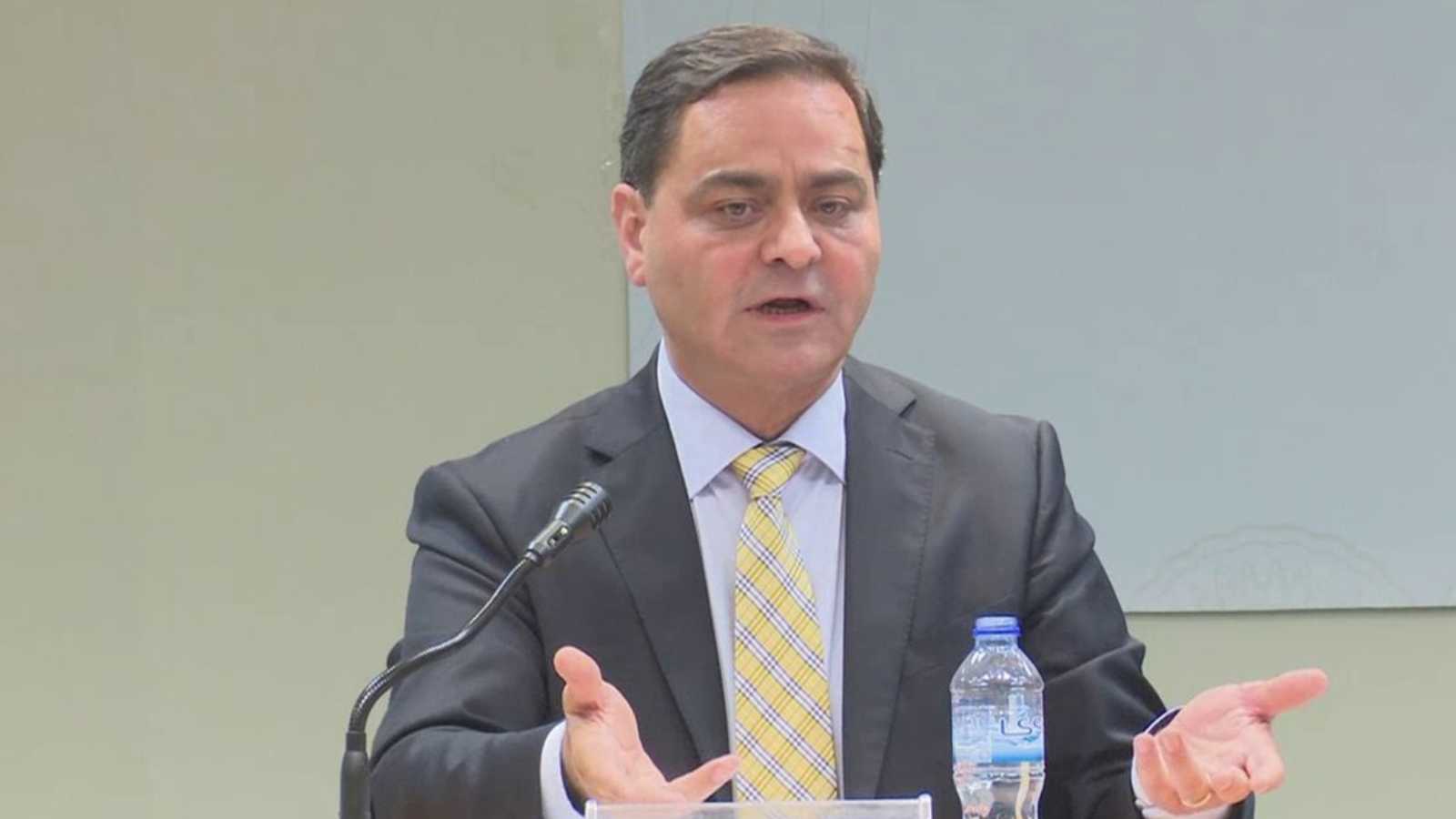
Samir Hulileh
Born in Kuwait in 1957, Samir Hulileh is a prominent Palestinian businessman based in Ramallah, serving as the CEO of Palestine Development and Investment Company (PADICO), the largest holding company in the country.
He holds board positions in several subsidiary companies, including the Palestinian Media Group and the local stock exchange.
Hulileh has also held senior roles in the Palestinian Authority, including Secretary General of the Government (2005–2006) and Deputy Minister of Economy and Trade. Prior to that, he served as Assistant Undersecretary of the Ministry of Economy and Trade (1994–1997) and chaired the Palestinian Trade Center board (2004–2005).
He earned a master’s degree in economics from the American University of Beirut in 1983 and is known for his efforts to promote Palestinian economic growth.
Hulileh represents PADICO’s subsidiaries, including Palestine Telecommunications Group (PALTEL) and Palestine Real Estate Investment Company. He is also chairman of the board at Jericho Gateway Investment Company and heads the Palestinian-British and Palestinian-Russian Business Councils.
He serves on the board of the Palestinian Economic Policy Research Institute and the Palestinian Banking Corporation, and is a member of the boards of Ramallah Friends Schools, the International Chamber of Commerce, and the Birzeit University Alumni Association.
Beyond business, Hulileh is an economic expert, trainer, and has extensive political and commercial connections both within the Palestinian Authority and internationally.
He is also closely linked to Palestinian-American billionaire Bashar Masri, the developer of the West Bank city of Rawabi, known for his ties to the administration of the U.S. President Donald Trump. Masri’s name has recently surfaced in connection with Adam Boehler, the U.S. presidential envoy for hostage affairs, and efforts to secure the release of remaining prisoners held by Hamas in Gaza.
Yedioth Ahronoth previously described Masri as “a secret advisor to the Trump administration and is emerging as the ‘shadow figure’ of Adam Boehler, the U.S. envoy for hostage affairs, whose name garnered attention recently after it was revealed that he was involved in direct talks with senior Hamas officials.”
Masri is widely seen as someone who could play a role in Gaza’s reconstruction, which adds significance to the proposed initiative to appoint Hulileh.
Hulileh confirmed reports in Hebrew media, stating that the proposal to appoint him as Gaza’s governor has been on the table for a year and a half. He said he presented it to Palestinian President Mahmoud Abbas and Prime Minister Mohammad Shtayyeh, and that it has been discussed within Palestinian leadership circles.
He told the local Ma’an news agency that the proposal envisions Gaza being managed under the supervision of the Arab League’s six-member committee, including Egypt, Saudi Arabia, Jordan, the UAE, Qatar, and the Palestinian Authority, to oversee civil affairs and maintain security, claiming that Hamas has approved the plan.
Hulileh added that if implemented, “Israel” would impose sanctions on Gaza, including border closures and delays in reconstruction. He revealed that the proposal involves the immediate deployment of Arab forces to the territory following the withdrawal of the Israeli Occupation military.
According to Hulileh, these would be Egyptian and other Arab forces operating under U.S. supervision to maintain “order and security,” as well as train the Palestinian police to uphold law and maintain discipline.
However, the Palestinian presidency denied reports in some Israeli media suggesting that a “Palestinian figure” has been appointed to govern Gaza with leadership approval.
A senior source told the official Wafa News Agency that the only entity authorized to administer Gaza is the State of Palestine, represented by the government or its agreed administrative committee.
The source emphasized that any engagement outside this framework would be considered a deviation from the national path, aligning with what the Israeli Occupation wants—separating Gaza from the West Bank and displacing its population—insisting that Gaza remains an integral part of Palestinian territory.
His Statements and Positions
On the Ben-Menashe initiative, Hulileh said he is a bit “cautious,” noting that the idea came from the Israeli, who traveled from Canada to explain it.
When asked who was funding the lobbying efforts, Hulileh said, “Money has never been the problem,” adding that he has so far paid Ben-Menashe $130,000 out of a $300,000 contract.
Hulileh sees the essential first step as a lasting ceasefire. “Only then can we talk about post-war Gaza,” he said. He presents himself as “project manager” for Gaza’s reconstruction, bringing in “at least 600 to 1,000 aid trucks a day” and opening four to five unrestricted commercial crossings.
He believes law and order must be restored so that Gaza is neither under the Palestinian Authority nor Hamas, but respected by its residents.
The Palestinian businessman emphasized that the enclave cannot remain awash with leftover weapons from Hamas or Islamic Jihad, in his words.
He estimates that rehabilitating Gaza would require $53 billion in investment, with Gulf states ready to contribute alongside substantial commitments from the United States and the European Union.
Hulileh stressed that no progress can be made until the war ends, though he noted signs of optimism. In recent days, he said, “Israel” appeared for the first time ready to discuss ending the war rather than merely a temporary ceasefire, in coordination with the United States.
He cited remarks from U.S. Middle East envoy Steve Witkoff, who recently told families of Israeli captives in Gaza, “The plan is not to expand the war, but to end it,” adding that talks should now focus on ending the war and bringing home all captives, instead of a partial deal.
Since then, “Israel’s” security cabinet has voted against the army and security agencies’ plan to take full control of Gaza and relocate its residents to safer areas.
Hulileh said they still need to see whether this is an operational plan or just pressure on Hamas, but it is clear that preparations, especially in Washington, are underway for a post-war phase in Gaza.
Regarding the Palestinian Authority (PA), Hulileh recently warned of a worsening financial crisis, largely due to the ongoing Israeli occupation, and called for urgent internal reforms, particularly reducing government payrolls, which account for half the general budget.
Mahmoud Abbas’s authority is facing its worst financial crisis since its 1994 founding, caused by delayed foreign aid and “Israel’s” withholding of tax revenues collected at crossings it controls.
This has forced the PA to take extraordinary measures, including reducing the number of working days for public employees and delaying salary payments.
In a July 2025 article, Hulileh addressed the crisis, noting that it is not entirely due to poor public fund management.
He said successive PA governments managed to significantly raise revenues but could not cover the accumulating annual deficit, forcing them to borrow from local sources such as banks, the pension authority, and the private sector.
He also pointed to the PA’s own role in the crisis, noting that its employees’ salaries account for roughly 14 percent of GDP, compared to around 11 percent in regional averages.
He added that the most critical factor in payroll costs was not the number of employees, but the continuous, enormous increases in allowances and bonuses paid without links to professional performance or job function, which do not translate into improved government performance.
Hulileh highlighted that the PA’s large expenditures failed to create sustainable growth, new investments, or job opportunities.
He argued that addressing these issues would not fully solve the crisis, “but they are medium-term reform steps that prevent us from falling into a deep abyss if the government continues to operate on a self-financed basis.”
Hulileh’s article sparked anger within the Palestinian Authority, prompting Bassam Zakarneh, head of the Public Services Union and a member of Fatah’s Revolutionary Council, to respond and deny the claims made by the businessman.
Sources
- Former PA official may be appointed Gaza governor amid ceasefire talks
- The Palestinian-American businessman who serves as secret advisor to Trump administration
- Samir Hulileh
- Presidency Official Denies Israeli Claims of Appointing Palestinian to Run Gaza [Arabic]
- Exclusive to Ma'an: Agreement on Comprehensive Ceasefire and Proposal to Appoint Governor for Gaza [Arabic]






